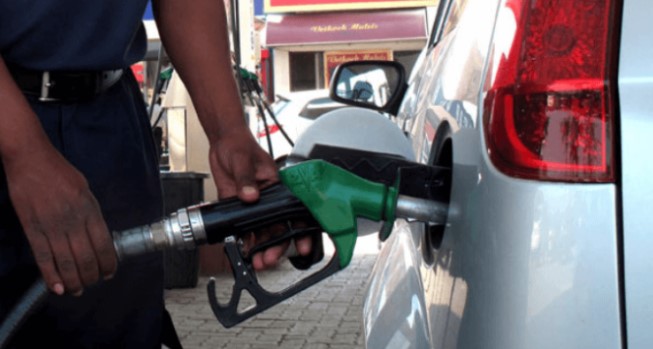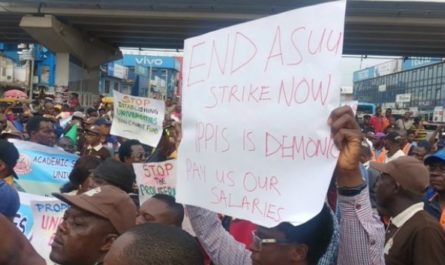The inability of Nigeria to take advantage of rising international oil prices due to massive oil theft, skyrocketing petrol subsidy which remains a drain on the economy as well foreign exchange (FX) speculation by currency traders, among others have combined to push the naira to a record low of N710/$1 on the parallel market. The development comes against the backdrop of seemingly unbridled borrowing and rising debt service cost which exceeded the country’s revenues by as much as N310 billion in the first quarter (Q1) of 2022 and still continues to rise.
The naira depreciated to N710$1 on the parallel market yesterday, compared with the N670 to a dollar it closed the previous day. In the past few days, the naira exchange rate against the dollar has been on the decline on the parallel market.
Also, recent data from the Debt Management Office (DMO) revealed that yield on the 13 tracked Nigeria Eurobond prices has continued to dwindle.The Eurobond price which opened trading in 2022 at $105.087 had dropped to $74.785, representing a decline of $30.30 or 28.8 per cent.
Nigeria, it was learnt, recently called off plans to sell Eurobonds this year due to the fear that it might be faced with low patronage as the country’s fundamentals continue to weaken.
In June, the Debt Management Office (DMO) put Nigeria’s total public debt (federal and state governments) at N41.6 trillion or $100.07 billion,” at the end of the first quarter of 2022.
To compound its economic challenges, Nigeria’s main source of FX revenue which is crude oil has also become a source of concern as the crisis in the sector continues to overwhelm the players.
Out of the 1.772 million barrels per day crude oil allocated to the country by the Organisation of Petroleum Exporting Countries (OPEC) in June, Nigeria was only able to produce 1.158 million bpd, according to the latest Monthly Oil Market Report (MOMR).
At a conservative average price of $110 per barrel for the month, a THISDAY analysis showed that Nigeria’s daily underperformance pegged against the OPEC quota yielded a whopping 614,000 bpd or 19.034 million barrels deficit for the month.
A further breakdown revealed that valued against the daily oil price for the period, Nigeria may have lost as much as $2,093,740,000 to its inability to, for months, increase the country’s production level.
For a country with huge foreign exchange shortages, if the loss had been plugged could have helped the cash-strapped federating units (states and local governments) embark on major projects
Identifying massive crude oil theft as one of the reasons for its inability to meet its oil quota, the federal government had months ago, deployed heavy military presence in the Niger Delta to curb the menace. But even that move has not helped much. The navy appears either unwilling or unable to curb the menace. Indeed, the top hierarchy of the navy fighting the menace in the Niger Delta have been fingered by locals and several top Nigerians of complicity in the growing oil theft.
A former Chief of Naval Staff, Vice Admiral Ibok-Ete Ibas, had admitted when he lamented the involvement of naval personnel in the illicit oil bunkering and theft in the country, warning them to desist.
“Any act of collusion with criminals or saboteurs of measures emplaced to checkmate illegalities will be met with stiff sanctions in accordance with the law of the land,” he had warned at the decoration of newly promoted rear admirals at the navy headquarters in Abuja.




